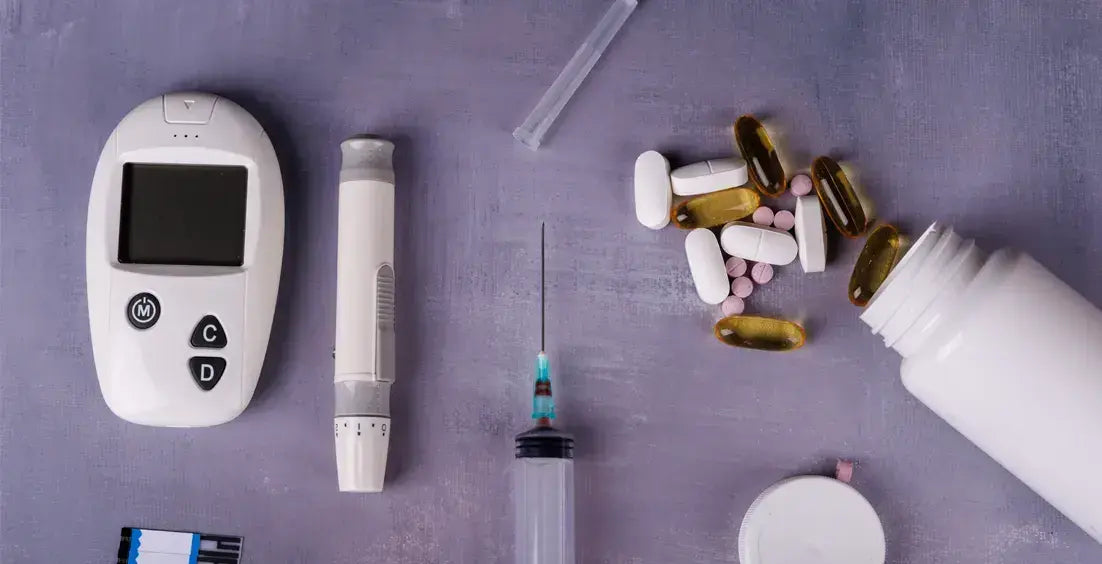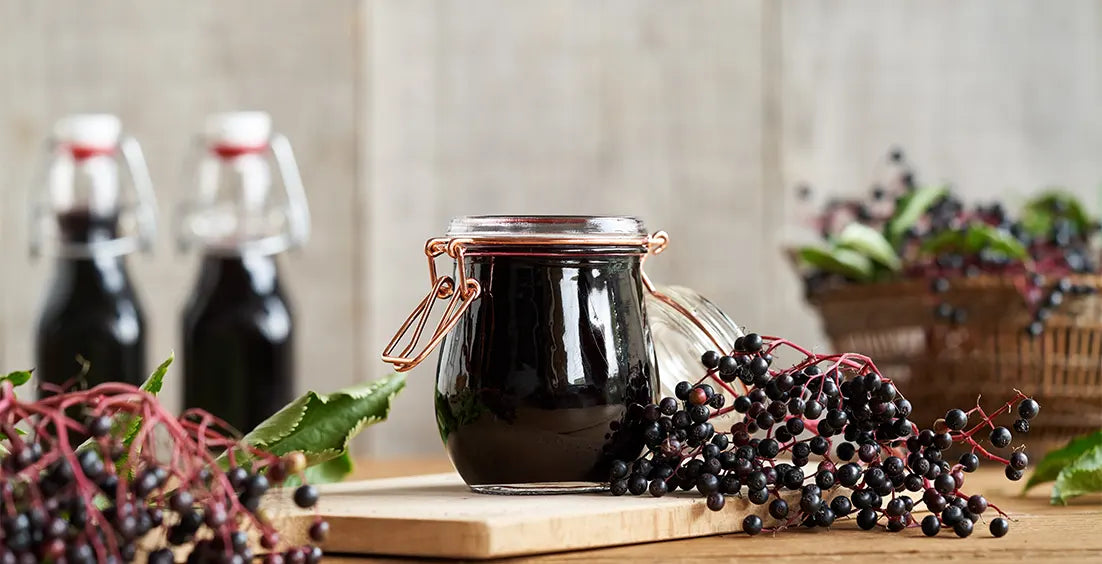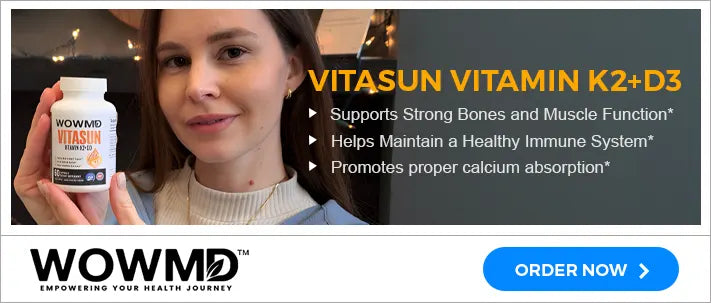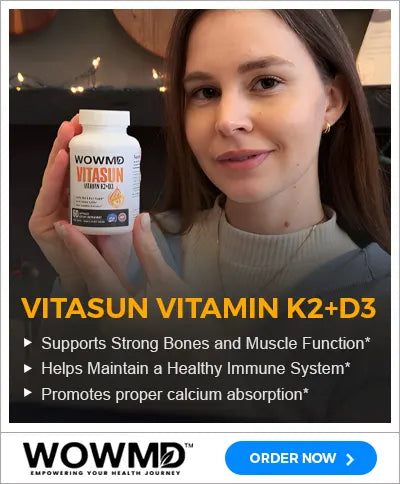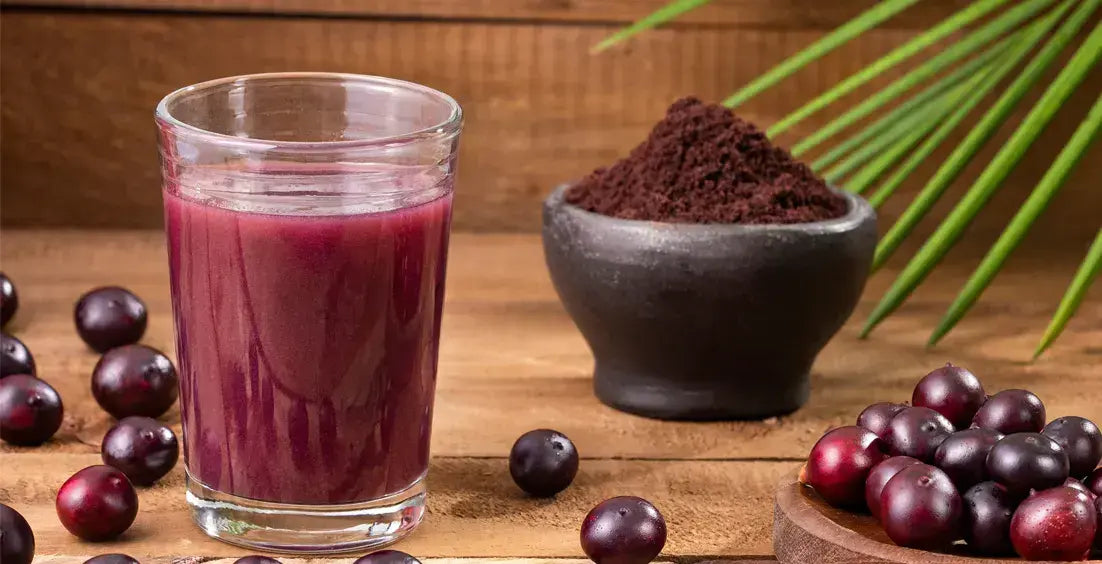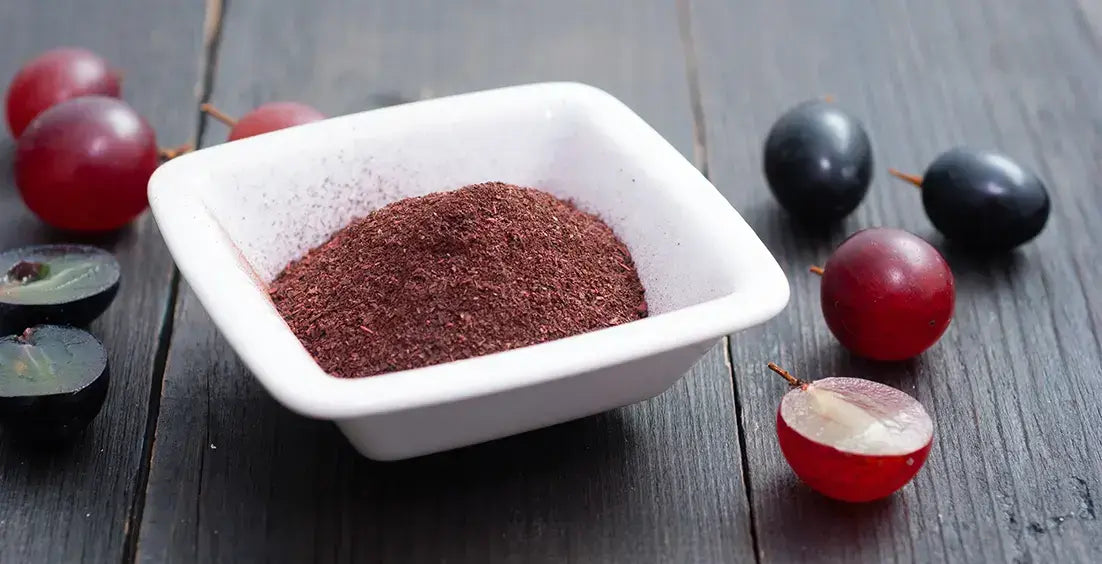Best Foods Rich in Vitamin K: Greens, Meats, and More
Boost your wellness with our top picks for the best Vitamin K foods. From greens to cheeses, find your favorites here.
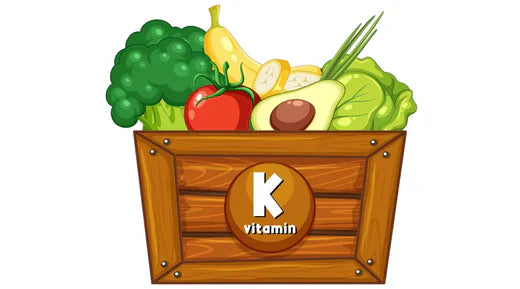
Popular Stories
- Is Maca Root A Healthy Coffee Alternative?
- Can Best Blood Sugar Supplements Help Manage Blood Sugar Levels?
- Elderberry and Diabetes: A Natural Remedy Or Hidden Risk?
- The Correlation between Low Iron Levels and Weight Gain
- Should Women Take Creatine? 6 Key Benefits Explained
- Does Berberine Lower Blood Sugar?
References
- Vitamins K1 and K2: The Emerging Group of Vitamins Required for Human Health - https://www.ncbi.nlm.nih.gov/pmc/articles/PMC5494092/
- Try These 21 Healthy Foods Full of Vitamin K - https://health.clevelandclinic.org/foods-high-in-vitamin-k
- Vitamin K and Bone Metabolism: A Review of the Latest Evidence in Preclinical Studies - https://www.ncbi.nlm.nih.gov/pmc/articles/PMC6040265/
- Vitamin K2-a neglected player in cardiovascular health: a narrative review - https://pubmed.ncbi.nlm.nih.gov/34785587/


 Skin Detoxification Bundle
Skin Detoxification Bundle Complete Weight Loss Bundle
Complete Weight Loss Bundle Heart Care Bundle
Heart Care Bundle Better Immunity Bundle
Better Immunity Bundle  Men's Immunity & Prostate Health Bundle
Men's Immunity & Prostate Health Bundle Stress + Energy + Wellness Combo
Stress + Energy + Wellness Combo  Energy Booster Combo
Energy Booster Combo Natural Skin Care Bundle
Natural Skin Care Bundle Workout Supplements Combo
Workout Supplements Combo Cognitive Health & Vision Combo
Cognitive Health & Vision Combo Joint Health Support Combo
Joint Health Support Combo













